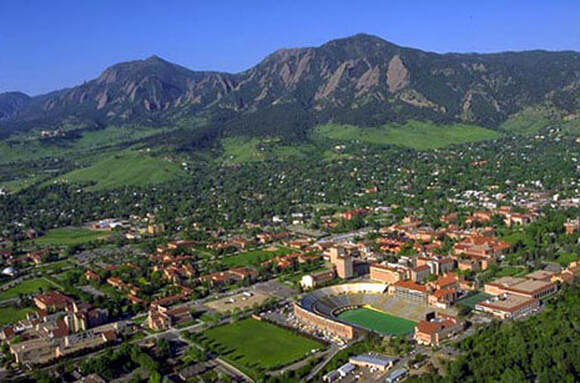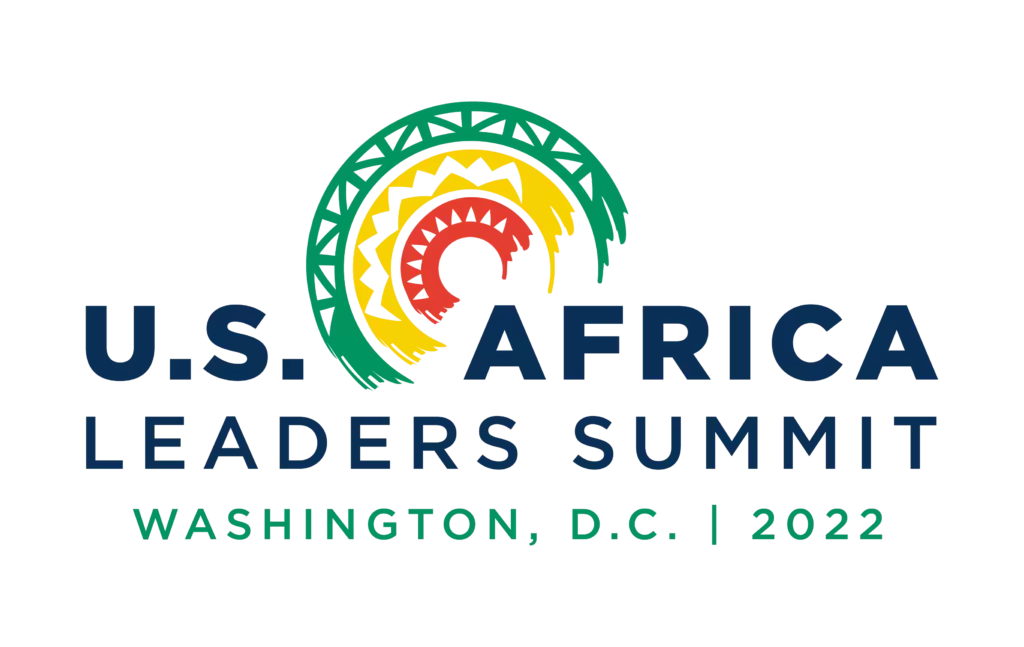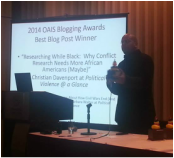Over the next year, I will go through what I was thinking as well as what noteworthy events happened along the way. The original inspiration for this came from one of my students. I thank you for putting me on the path.
The University of Colorado - Boulder, 1996-1999
I managed to get some work done and learn how to be in the profession from Raymond Duch and James Gibson. These two took me under the wings, shared grant proposals, showed me unpublished manuscripts and looked at numerous drafts of things I had put together. They were rough but always fair all the while providing incredible food and conversation. I had connected with the Department of African American studies to reconnect with black folks which had been largely absent during my time in graduate school. This was a useful experience because it provided access to black students who were not easily found in political science and it also provide some resources for work I was trying to do with Darren Davis (who was just finishing up as a graduate student there at the time). As we were basically just finishing at the same time, we bonded in a great number of ways but I was just starting and Darren was just finishing so we wee not always able to hang as we would later. I was working with some people at this amazing institution - The Shape Community Center run by Deloyd Parker, a political leader and inspiring human being. Deloyd let me teach a class on Political Education which led to my first board game - The Hood. I ended up scrapping broader conversations of politics, power and struggle to work with the students on better understanding what they saw on the way to the Cultural Center. I would later use this game in diverse detention centers. At this time, I would run across Rick Lowe - entrepreneur, artist and convener. I also reached out and interacted with some folks at Texas Southern (which was just up the block) and Prairie View (which was a little further away). The latter began my exploration into black nationalism and the Republic of New Africa through the late/great Imari Obadele, which I will discuss another time in greater detail.
While things progressed professionally, I felt a bit isolated. In Houston I was hired to teach international relations which was interesting to do as the Soviet Union was collapsing. I was trained in this topic coming from a bunch of people from the Correlates of War Project as well as the group of sociologists including Immanuel Wallerstein and Jame Petras. While interesting, I wanted more substantive interaction on my chosen topic: political conflict and violence. There was no one at Houston that really had this interest in this subject (Gibson came closest having done some stuff on civil liberties restriction but he was not a hardcore conflict/violence person). In this context, I began to look for "my people".
Initially, I re-explored an opportunity at Washington University. I had almost gone there two years before (as discussed in my last post) but I just could not get around some of the racial dynamics. Approached a second time - directly by the great John Sprague (who I regretfully cannot find any web page for) - I thought about it one more time. On this interview though, I was able to do what you rarely are able to do. I met what would have been me. I forget his name now but in the time since my interview Washington University ended up hiring their first African American in political science. We immediately bonded and in what I still view as a strange request he invited me to meet him at something like 6 or 7 o'clock in the morning because he said that he wanted to show me something. I suppose I was really curious what the hell he would want to show me that early, so I said yes. At the appointed time, we went to this stairwell as the sun was just rising. I had done weirder stuff in New York growing up and the brother seemed cool, so I was alright. He directed me to look out of the window at the parking lot and, as in some movie. during a 15-20 minute period you saw all the black workers who had been cleaning walk out and all of the white secretarial staff come in. Over some coffee, he then preceded to tell me what his (and my other life) would have been like with the sense of awkwardness and outsiderness. He also mentioned something that had not even occurred to me: every black institution in St. Louis had approached him to speak and affiliate. This was draining and he felt he had to say yes. In the wake of this burden, his scholarship suffered.
I ended up not accepting the offer but as Sprague had some familiarity with conflict and violence I did get a taste of what I would like to be around someone with knowledge in my topic of interest (John's sophistication led me to Ron Francisco and others like Phil Schrodt who were more advanced on the modeling end of conflict/violence). This opportunity happened when I was contacted by the equally great Mark Lichbach. Mark was something of a conflict/violence savant - he read everything and his ability to synthesize was exceptional. He was also from Brooklyn and jewish, so we immediately bonded in a way that only folks from the East coast might understand. Mark's pitch was simple: we have your people. Upon exploring the department and (for the first time) the university writ large, I realized that (as usual) he was right. At the time, UC - Boulder had him (protest/repression and civil war), Mike Ward (interstate and civil war, geography), Steve Chan (war), James Scarritt (ethnic conflict), Ann Contain (social movements), Jeffrey Kopstein (worker's resistance and reconciliation), Sam Fitch (civil-military relations) and William Safran (ethnicity). There were also people that did different kinds of conflict/violence outside of political science: Joy James (black oppression and resistance), Evelyn Hu-Dehart (diasporas and resistance) as well as the late/great Elisa Facio (social movements, feminism, chicana identity). I took the offer and moved to Denver - well Golden actually. Boulder was way to expensive and not as diverse as Denver. Golden let you overlook the whole valley though and there was a road along the mountains that provided a direct route to Boulder.
Now, it turned out that while the people just mentioned above all were employed by the same university, they did not see themselves as people who studied political conflict and violence. I will save that realization and experience for another time. I'll stop here for now.



 RSS Feed
RSS Feed
